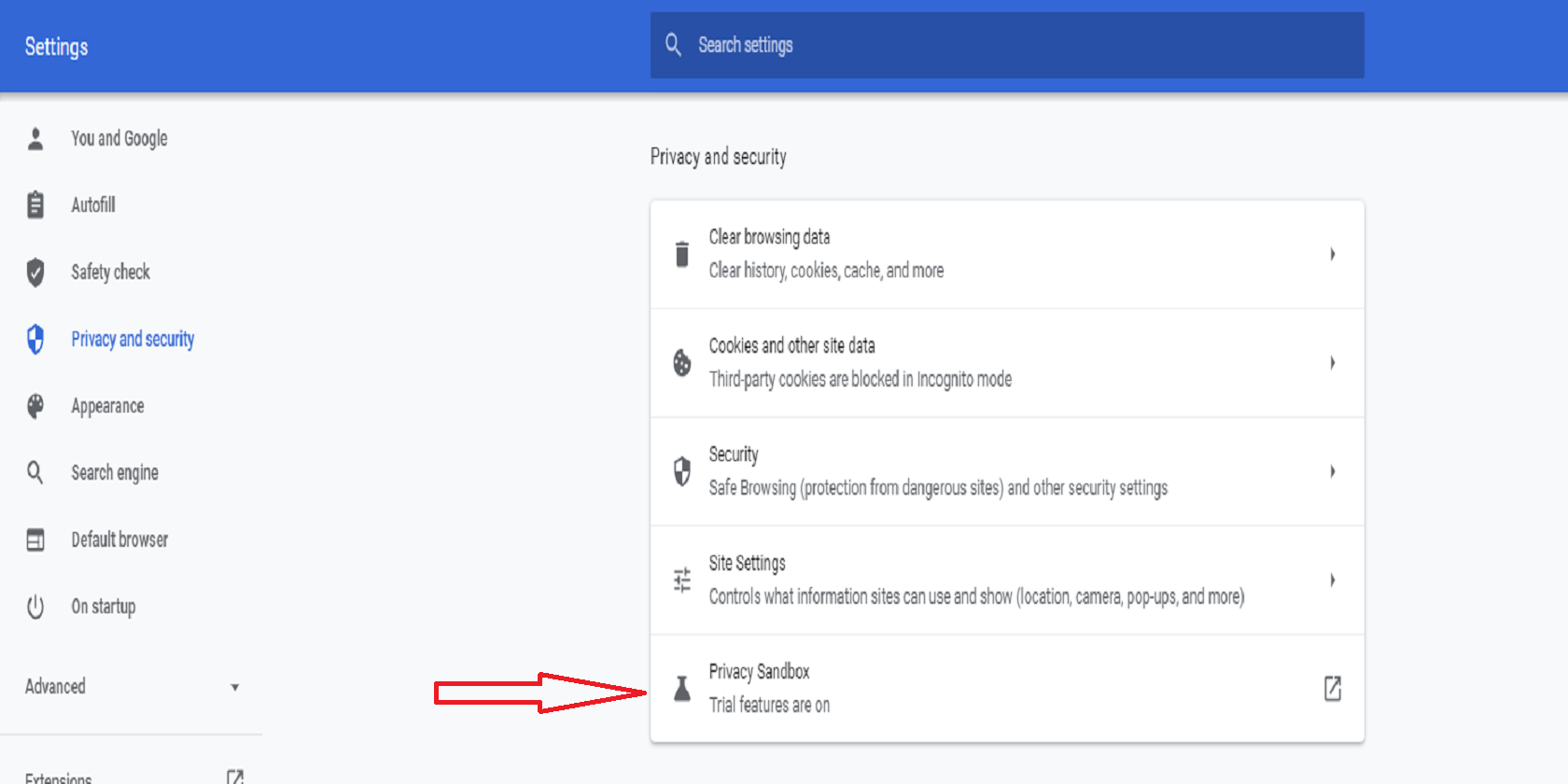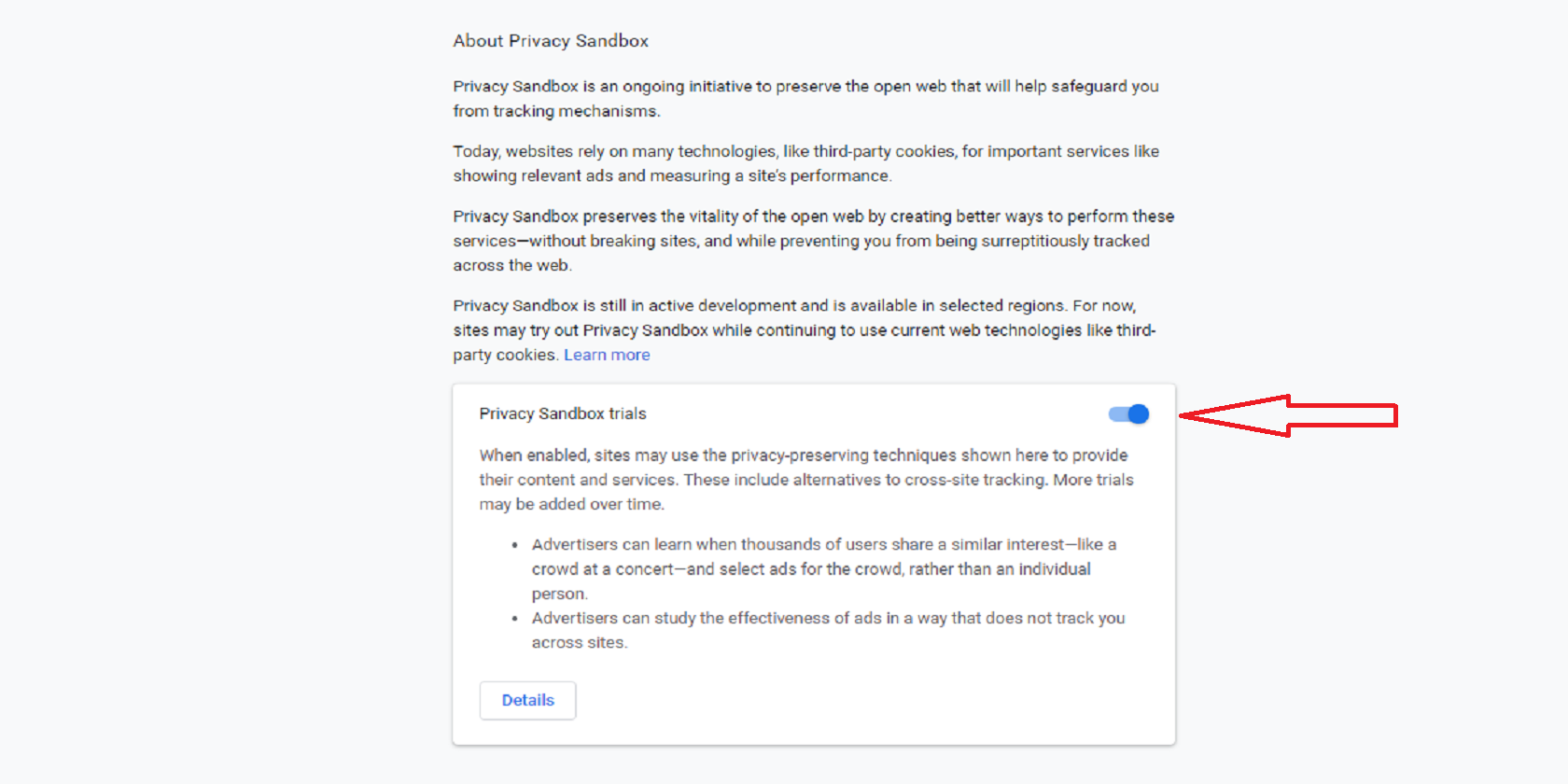Do you get annoyed by online tracking ads and wish that your online privacy was kept intact?
Google has been paying attention to the tracking woes of Chrome users, resulting in a cookie-less solution known as the "Privacy Sandbox". This option is a win-win for all—while it allows advertisers to conduct target advertising, it also promises to keep the individual user identities intact.
But how is this option better than regular online tracking? Why is Google pushing towards a cookie-free alternative? Is there even a way to opt-out while using Chrome?
What Are Cookies?
Who doesn't love cookies? Ah, but what about browser cookies? On one hand, these cookies are essential to modern browsing; but on the other, they can be a threat to your online privacy.
The best way to describe browser cookies would be to think back to an online shopping experience: you added items to your cart but never got to complete the order and exited the session. But days later, you still find the same products sitting in the cart, waiting for your return.
The way cookies achieve this is by allowing websites to store tidbits of information in order to provide a more personalized end-user experience. Simply put, cookies are simple text files that contain bits of user information.
Types of Cookies
Typically, there are two types of cookies that live inside a browser: first-party cookies and third-party cookies.
First-Party Cookie
This cookie serves the purpose of providing an enhanced user experience by remembering login details, items added to carts, and the language preferences of the users, among others things.
Third-Party Cookie
Third-party cookies are used for providing an improved ad experience. They achieve that by delivering ads that are relevant to the user's interests or showing ads of products that the user added to their cart but forgot to purchase, etc.
The ads are mostly served by third-party vendors utilizing these cookies. The vendors' main objective is to serve the right ad to the right user, and since these cookies facilitate the serving of ads, they have been the foundation for the online ad industry for over two decades now.
Why Has Google Introduced the Privacy Sandbox?
If cookies are so helpful, then why has Google taken the initiative to replace them? According to Google, all support for cookies in Chrome will be phased out by 2022. It also started rolling out the "Privacy Sandbox" feature in Chrome in early 2021.
Google actually took the cookie-less initiative to follow a model that is based on the FLoC (Federated Learning of Cohorts). The FLoC has been designed to give advertisers the data they need to provide users with targeted ads while also helping users keep their data a bit more secure.
Google is an advertising agency before anything else, and needless to say, ad tracking is its bread and butter. The effort to transition to a cookie-less future is more to prevent the surge in the current litany of privacy complaints, while still allowing the advertisers to target marketing.
Here are the main reasons behind Google's Privacy Sandbox:
Third-party cookies can be malicious: If used maliciously, third-party cookies can be a threat to user privacy. Unethical practices like cross-scripting and misuse of personal data can also take place if the cookies are not used correctly.
Raising awareness of online privacy: Gone are the days when internet users knew little about online privacy. Most users are quite privacy-aware now and realize the risks of anyone collecting their personal data without consent.
This rise in privacy awareness has shaped the foundation for new privacy laws such as GDPR, CCPA, LGPD, PDPA, and many others. These laws protect user privacy by limiting cookie use by third-parties.
Cookie blocking by browsers: Many web browsers have joined the online privacy bandwagon and are now blocking third-party cookies. Mozilla Firefox is the key player for this change and other browsers are also supporting the initiative to increase their market shares.
If the trend keeps gaining momentum, the demise of third-party cookies will be inevitable. Google saw it coming and therefore came up with an alternative that satisfies everyone (in theory).
So, in a nutshell, the move towards the Privacy Sandbox by Google is mainly to improve the privacy of users without damaging the ability to target ads.
How Does the Privacy Sandbox Target Ads?
In the world of development and cybersecurity, a "sandbox" is an isolated test environment that does not affect anything outside of its confines.
Google Privacy Sandbox takes a similar approach and uses group-based targeting rather than individualized targeting that cookies promote. By putting boundaries around how advertisers interact with and utilize data, the Privacy sandbox is meant to keep user data more secure.
The projected model will ensure that all the user data sits stays safely inside the Chrome browsers of each individual user. The interests of the users will be uncovered via their browsing history and all users with similar interests will be grouped together.
Supposedly, only the Chrome browser will know which user belongs to which group and the browser API (Application Programming Interface) will signal the grouped users for targeted ads.
How to Disable the Privacy Sandbox in Chrome
The Privacy Sandbox option is enabled by default for all Chrome users. However, this does not mean that FLoC is also enabled, though there is no guarantee that it will not be enabled by Google later down the road.
If you are still not sure about using the Privacy Sandbox and would like to opt out of this feature for now, then it is quite easy to do so.
Launch Chrome and click on the browser menu, i.e. the vertical ellipsis at the top-right of your screen, then on Settings.
Select the Privacy and Security option on the left and then click Privacy Sandbox.
Disable the Privacy Sandbox trials toggle on the top right to opt-out of the Privacy Sandbox.
The Privacy Sandbox Is Here to Stay
When we visit a website, we may not be aware of the third parties involved and what they're doing with our data. Consumer privacy is more important than ever and in the midst of rising privacy concerns, the Chrome Privacy Sandbox offers a much-needed middle ground for consumers and advertisers alike.
While advertisers across the globe are debating whether the Privacy Sandbox is a sustainable option for them, Google is busy testing and phasing in the Privacy Sandbox. A cookie-less future seems inevitable.





